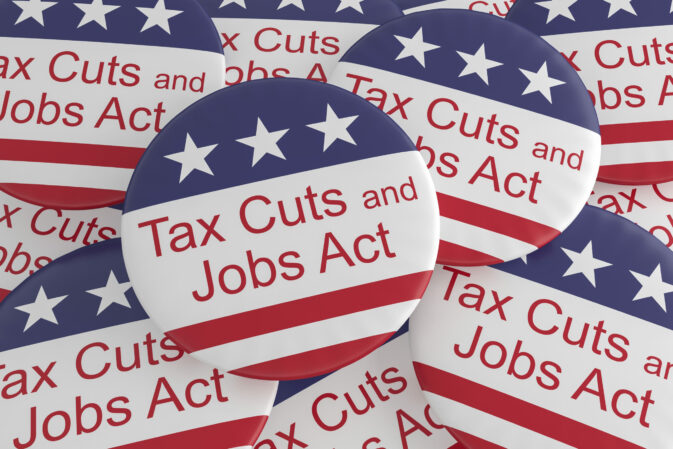ALFREDO ORTIZ: Jobs Numbers Should Spur Congress To Finally Start Getting Things Done

Today’s jobs report reveals Americans continue to get poorer every day under the Biden administration, with average wages growing significantly slower than inflation. This persistent decline in living standards should incentivize the new Congress sworn in this week to get down to business to reverse this trend.
Wage erosion is especially painful for minorities, who tend to earn less than white Americans. According to the most recent data, and controlling for full-time employees, black and Hispanic Americans earn about 80 cents on every dollar made by white workers.
Rather than following in the footsteps of the last Congress, which tried and failed to bridge racial economic gaps through big government programs, the new Congress should take the opposite approach and pursue pro-growth reforms that boost minority entrepreneurship, close racial income gaps, and grow real wages
Priority number one: Make the Tax Cuts and Jobs Act, passed in 2017, permanent to give entrepreneurs some cost certainty so they can confidently plan and invest.
These tax cuts allowed entrepreneurs to compete on an even playing field with big companies for the first time. They led to an economic boom, with minorities closing racial disparities at one of the fastest rates in modern history. Yet without congressional action, the tax cuts begin expiring this year.
“Tax cuts delivered a new 20 percent small business tax deduction, allowing owners like me to protect one-fifth of our earnings to reinvest back into our businesses,” explains Carlos Ruiz, owner of HT Metals in Tucson. “This tax relief lowers the effective top marginal tax rate for small business owners from 40 percent to 30 percent, strengthening the backbone of the American economy.”
Like countless minority small business owners, Carlos used the additional funds from the tax cut to expand his business, purchase new equipment and improve wages and benefits for his employees. “Multiply similar actions across the nation’s thirty million small business owners,” explains Carlos, “and you get a better understanding of how tax cuts [fuel] economic fire.”
In addition to provisions such as the 20% deduction and immediate expensing on all business investments, these tax cuts indirectly benefit entrepreneurs. They allow more money to stay on Main Street, where it can stimulate local communities that need it, and less to disappear to Washington, D.C., where it is so often wasted.
As Carlos puts it, the tax cuts “created more demand for the raw materials that I supply.” The same story can be heard from minority entrepreneurs across the nation who saw their sales surge as a result of the tax cut stimulus.
Real GDP increased 2.5% and 2.3% 2018 and 2019, respectively, faster than any other G7 nation. The unemployment rate reached a fifty-year low and a record low for black, Hispanic and Asian American workers.
The labor force participation rate reversed its long decline and actually began to increase as the red-hot jobs market pulled Americans from all backgrounds, including ex-convicts, high-school dropouts and those with disabilities, into the labor market.
Wages surged, including wages adjusted for inflation. In 2019, real median income rose by 7.9% for black households, 7.1% for Hispanics, 10.6% for Asian Americans and 5.7% for whites. Each of these numbers represents record increases and record absolute rates.
Following the Tax Cuts and Jobs Act, wages grew 24% faster for Hispanics, 79% faster for blacks and 95% faster for Asian Americans than during then-President Barack Obama’s second term. The Hispanic homeownership rate reached a record high. More than six million people were pulled from poverty, reducing the poverty rate to the lowest level in U.S. history.
Americans elected a Republican House of Representatives to pursue free-market reforms such as tax cut certainty after two years of Democrats’ big government policies responsible for today’s historic inflation and declining real wages that disproportionately hurt minorities. There’s no time to waste.





